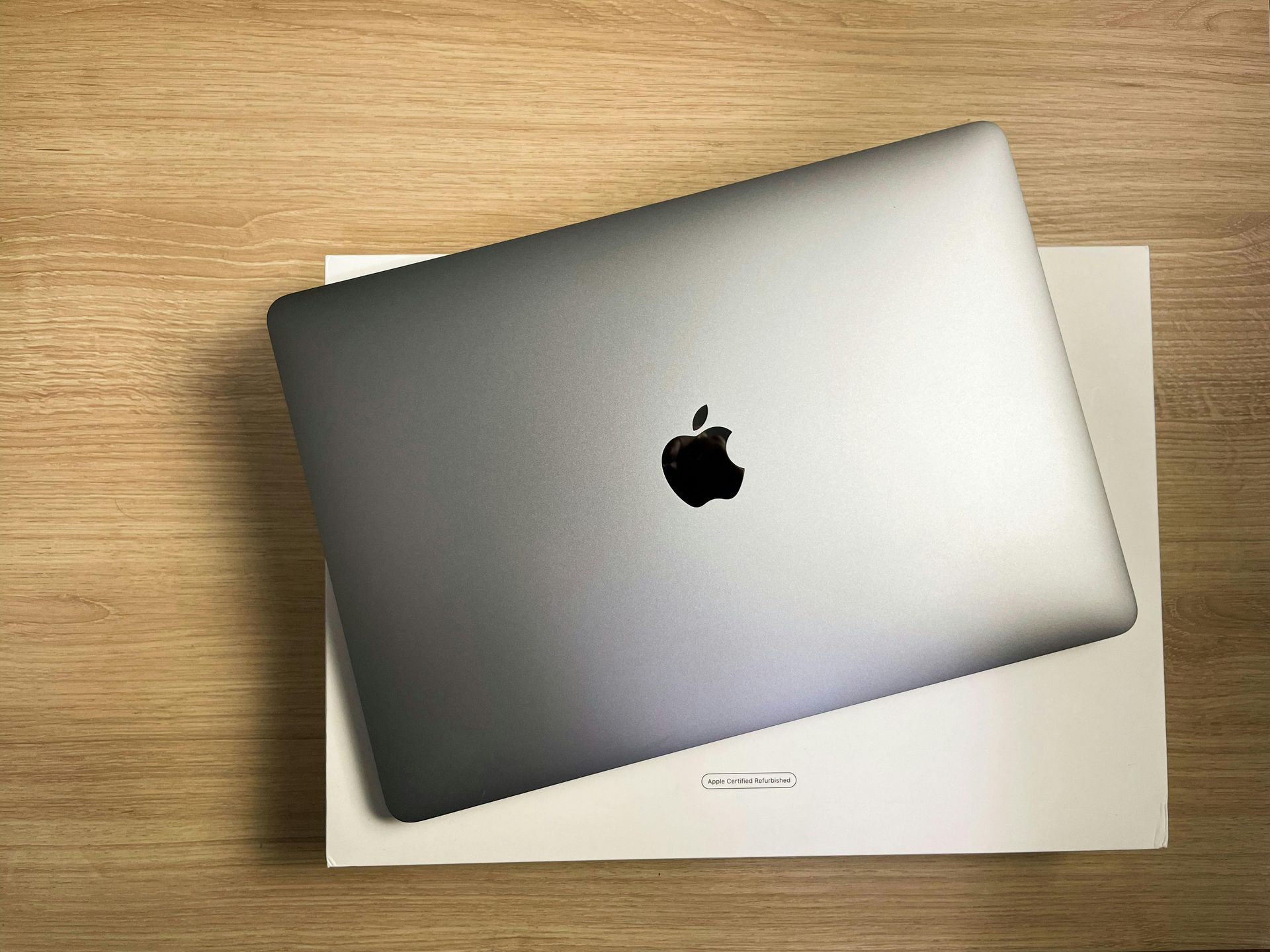Karen L. Linero, Esq.
The Pros and Cons of Using an Arbitrary Mark

A trademark is any word, phrase, name, logo, or sound that identifies a company's goods and services and distinguishes them from competitors. A trademark’s strength is categorized into five levels of distinctiveness: fanciful, arbitrary, suggestive, descriptive (which includes surnames), and generic. The stronger the mark, the more likely it is to gain legal protection and exclusivity. Generic marks typically do not qualify for protection by the U.S. Patent and Trademark Office (USPTO) unless they have gained distinctiveness through five years of consistent use. Among these categories, fanciful marks are the strongest, followed by arbitrary marks. Both fanciful and arbitrary marks receive greater legal protection. This article explores the benefits and drawbacks of using an arbitrary trademark.
What is an Arbitrary Mark?
An arbitrary mark consists of a word, image, or symbol that has no inherent connection to the goods or services being offered. Unlike fanciful marks (which are completely invented words), arbitrary marks use existing words in unrelated ways. A well-known example is the brand "Apple" for computers. While "apple" is a common word, it has no obvious association with technology products, making it an arbitrary mark in this context.
Advantages of Using an Arbitrary Mark
- Strong Legal Protection
Arbitrary marks are considered highly distinctive, providing broad legal protection. This makes them ideal for startups seeking to secure their brand against potential infringement. Because of their uniqueness, arbitrary marks are easier to defend in court than more descriptive or generic marks. They also stand a lower risk of becoming "genericized"—a situation where a brand name becomes synonymous with a product category, leading to loss of trademark rights. Examples of brands that have suffered this fate include Kleenex (for tissues) and Escalator. - Unlikely to Become Generic
Arbitrary marks are less likely to become generic over time, as they don’t directly describe the products or services they represent. This ensures long-term protection and exclusivity. Companies using arbitrary marks avoid the risk of their brand name becoming the default term for an entire category of goods, a fate that befell brands like Thermos and ChapStick.
Disadvantages of Using an Arbitrary Mark
- High Marketing Costs
One of the major challenges of using an arbitrary mark is that, although the word is familiar, it has no inherent connection to the product or service. This means that the company must invest significantly in marketing to build brand recognition from scratch. Establishing goodwill and brand association with an arbitrary mark can be expensive, especially for startups with limited resources. Startups must carefully weigh the trade-offs between investing in a mark that is easy to protect legally but costly to market, versus opting for a mark that may be easier to promote but harder to defend. - Potential Legal Conflicts
Even though arbitrary marks provide strong legal protection, they are not immune to legal disputes. Well-known words used in an unrelated context can still lead to trademark conflicts. A famous example is the long-standing legal battle between Apple Corps (the multimedia company founded by The Beatles) and Apple Computer. The case, which began in 1978 and concluded in 2006, revolved around Apple Corps' claim that Apple Computer’s use of the name infringed on its rights. The dispute ended with a settlement in favor of Apple Computer, but it serves as a cautionary tale of how arbitrary marks can sometimes lead to unforeseen legal challenges.
Choosing Wisely
Selecting an arbitrary mark—or any trademark, for that matter—requires careful consideration of a company’s goals and resources. While arbitrary marks offer strong protection, they can also require significant investment to build brand awareness. On the other hand, weaker marks, such as those based on surnames or descriptive terms, may be easier to market but provide less legal protection and are more prone to genericization.
The name a company chooses for its brand can often be as valuable as the product or service itself. Intellectual property, especially trademarks, often constitutes a company's most significant asset. A strong, distinctive mark can enhance investor confidence, making it easier to secure funding in the early stages of a business. While marketing an arbitrary mark can be challenging, the long-term benefits of strong legal protection often outweigh the initial hurdles.
Take the example of the arbitrary mark “Rockstar” for video games. Although rock music and video games aren’t inherently related, the name "Rockstar" is fun, engaging, and evokes a sense of entertainment, making it attractive to its target audience. This kind of creative branding can capture consumers’ attention and help build a strong identity in the market.
Conclusion
In general, an arbitrary mark is a strong and valuable asset for a company, especially for startups aiming to establish a distinct brand. However, choosing the right trademark should be a deliberate and strategic process. While an arbitrary mark can provide long-term protection and exclusivity, it requires substantial effort and resources to create brand recognition. For startups, the investment in marketing an arbitrary mark may be outweighed by the potential savings from avoiding future litigation. When implemented correctly, an arbitrary mark can become a cornerstone of a company's success, helping it stand out in a crowded marketplace.
This article is for educational and informational purposes only and does not constitute legal advice. The information provided should not be relied upon as a substitute for professional legal counsel. For assistance and guidance in creating and protecting your brand name, we recommend seeking the advice of a qualified attorney. If you have specific questions or need further assistance, you may contact us directly for more information. However, please note that contacting us does not establish an attorney-client relationship and this article is for educational purposes only.

